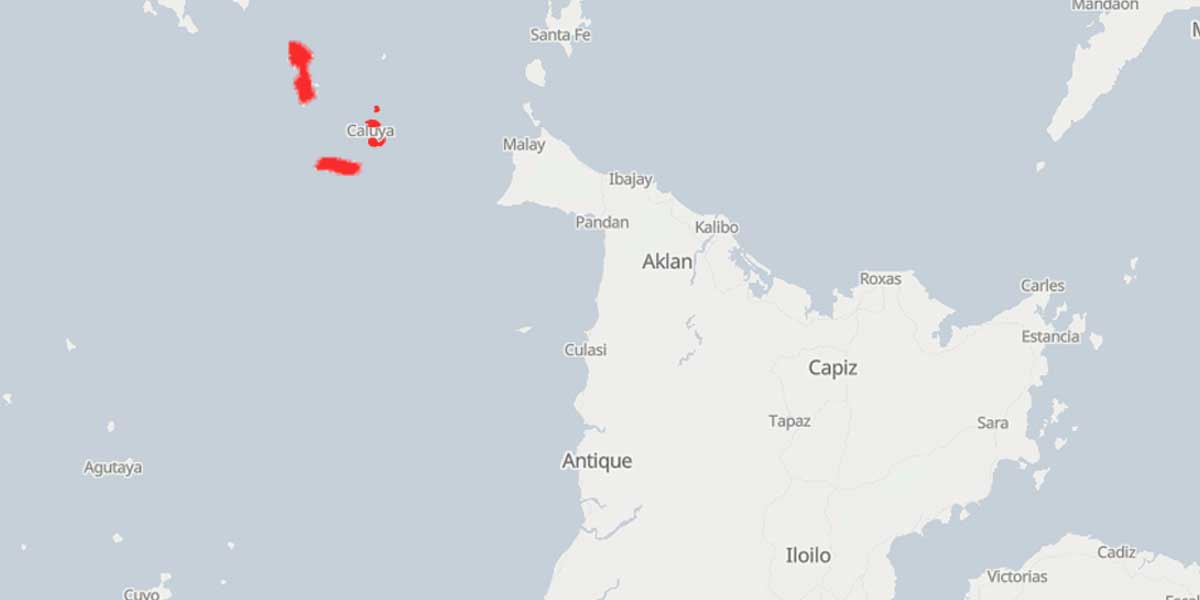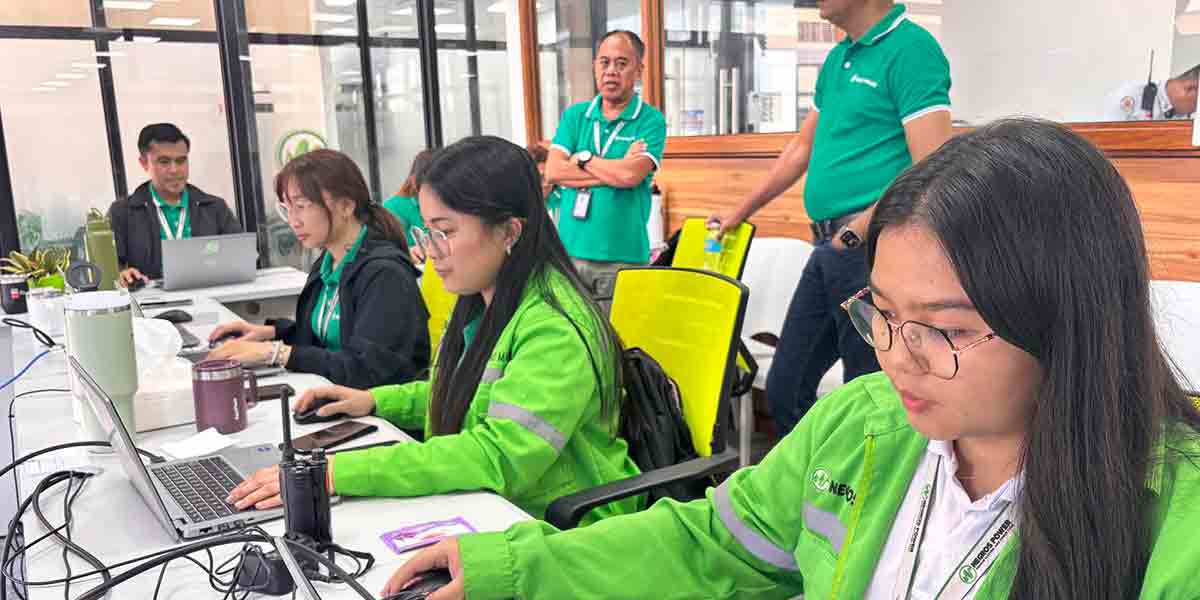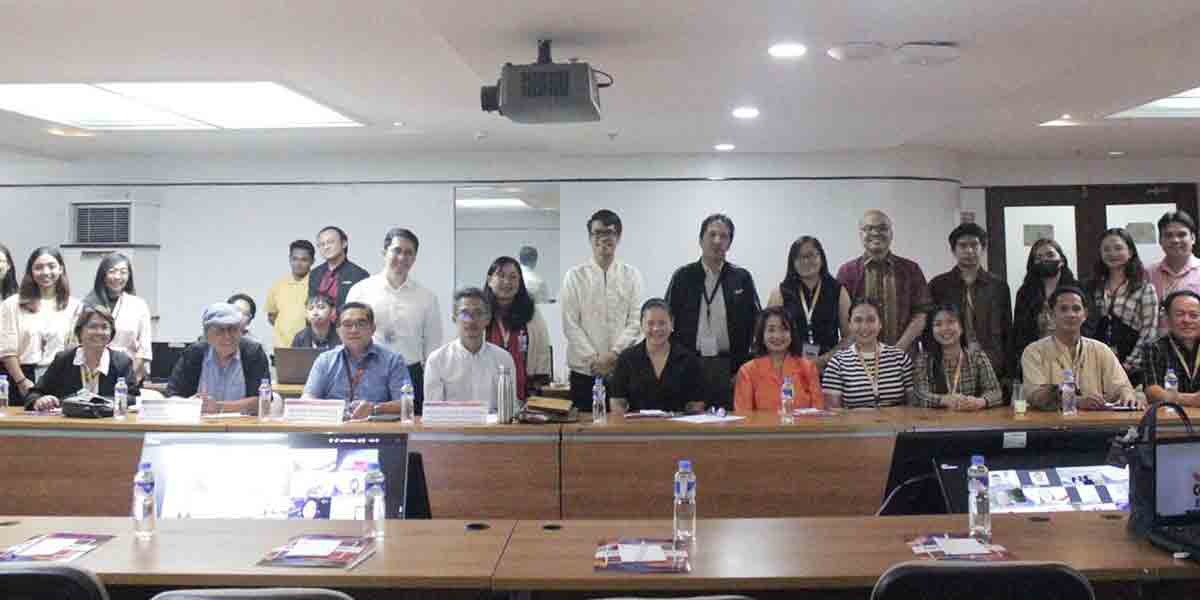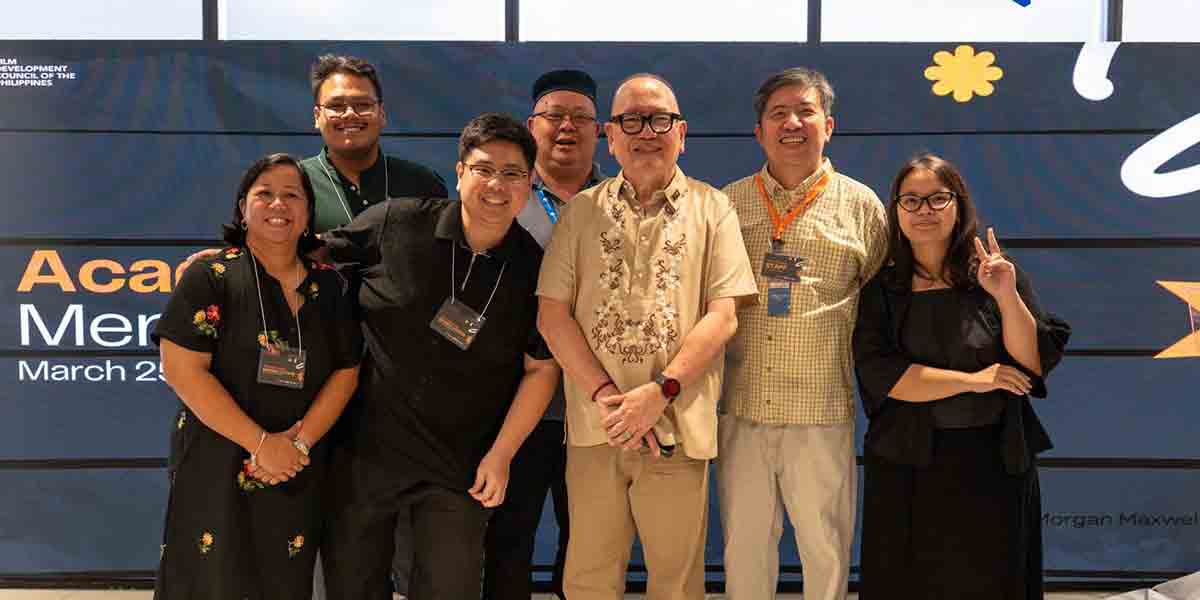By Shay Cullen
The island of Palawan in the Philippines is considered an environmental haven of cleanliness and beauty. But what was discovered recently in the fish market of Pueto Princesa- a dorado fish, one of many they say, with a belly full of plastic wastes such as bottle caps, candy wrappers and a yellow plastic spoon- shocked the customers in the fish market. Other fish vendors said they frequently find similar plastic trash in the fish.
Besides pollution, there are big losses to small-scale fishers in coastal communities in recent years due to the proliferation of commercial fishing fleets and factory ships of other nations. Not only is China grabbing the fishing grounds of the Philippines and other Southeast Asian nations but huge fishing fleets run by corporations dominate the ocean. They are destroying the oceans by irresponsible “bottom trawling” and many fish species are needlessly killed. The ships drag huge nets along the ocean floor destroying everything in their paths, destroying corals and ecosystems and habitats of fish. The commercial fishing industry kills between 0.97 and 1.97 trillion wild fish worldwide every year. This is called “by-catch” and “accidental take.”
For example, every hour 30,000 sharks are killed. That is 50 to 70 million sharks every year, hauled on board, fins cut off and they are thrown back to die, all to delight diners with shark fin soup. This is barbaric attack against nature and unsustainable. The shark is a magnificent creature, evolved after millions of years of evolution into the perfect ocean hunter and essential to maintaining balance in the ocean’s wildlife. This mass killing has caused a 70 percent decline in shark populations globally over the past 50 years, making them an endangered species.
Having watched the well-made and convincing documentary on the state of our oceans by researcher Ali Tabrizi called Seaspiracy shown on Netflix and excerpts on YouTube, we can see how the oceans are under threat. It has caused many people to question the methods of the commercial fishing industry that result into over-fishing the oceans.
What is revealed is so shocking. It is enough to cause people to stop eating fish and turning to organic plant-based food, this writer among them. We need to stop eating so much meat and fish to save the planet and the oceans. The oceans are vital to life on earth as they make up 71 percent of the planet’s surface. They are the greatest absorbers of CO2.
Phytoplanktons are the micro-organisms, the microscopic plants, that make up the basic food of the ocean’s food chain and they are rapidly diminishing. Forty percent has been lost since the 1950s, studies show. This is due to the warming of the oceans due to climate change and global warming. These micro-organisms are responsible for absorbing CO2 and giving off oxygen for us and the animals to breath. They are more effective than all the trees on the planet and now they are threatened by human activity. We, humans, refuse to save ourselves and stop burning coal, oil and everything that burns. We are the world’s most dangerous arsonists.
The human species, many of whom are ignorant, are destroying the planet that supports us, giving us the air we breathe and the food we eat.The rain forests are being destroyed and global warming due to human activity is killing off the vital life sustaining phytoplanktons that could save us by absorbing CO2. In the documentary, they quote an IMF report that says, “We calculate that this (phytoplankton)is equivalent to the amount of carbon dioxide (CO2) captured by 1.70 trillion trees- four Amazon forests’ worth.”
The fishing industry has another huge negative impact on the planet and the oceans- the discarded and lost nets. Likely, millions of tons of nets are floating in the oceans entangling dolphins, whales and thousands of other sea creatures including turtles. They wash up on beaches everywhere. According to Greenpeace, “More than 640,000 tonnes of nets, lines, pots and traps used in commercial fishing are dumped and discarded in the sea every year, the same weight as 55,000 double-decker buses.”
“We hear a lot about the Great Pacific Garbage Patch (GPGP). . . 46 percent of it is discarded fishing nets, which are far more dangerous for marine life than our plastic straws,” says environmentalist George Monbiot, a contributor to the documentary. Plastic straws are only 0.003 percent of the garbage in the ocean, We have to do more than ban plastic straws.
Every fishing boat must be held accountable for their missing fishing gear. Another danger to the oceans and all the fish there is longline fishing. These are long fishing lines that carry hundreds of hooks with bait and they catch everything indiscriminately. Turtles, dolphins, whales and even sea birds get caught. The fish caught are mostly by-catch, mentioned above, and are thrown back dead. The hooks and lines are frequently lost and left to float underwater for years and continue killing and maiming all sea creatures.
The strongest defenders of the so-called “sustainable” fishing industry are some NGOs that promote sustainable fishing. Some claim that the canned tuna we see on supermarket shelves are “dolphin-safe.” The documentary Seaspiricy showed that in most cases the canned tuna was not dolphin-safe. Many of the NGOs get their funds from the commercial fishing industry and cannot be critical of the industry or be unbiased.
I used to think that fish farming was the best answer to the rape of the oceans. But this, too, has many problems. The fish packed in underwater cages develop diseases and antibiotics are used that can affect the consumer. Sea lice is a big problem in fish farms and dangerous chemicals (several are banned) are needed to control it. So the farmed fish are also of low quality due to the feeds or pellets they are fed.
Again, it is greed that causes the overfishing, pollution, the plastic and chemicals poured into our oceans that is destroying our planet. We need greater awareness widespread effective law enforcement on the sea and a moral conscience to stop the abuse and destructive fishing.
Shay Cullen is a Missionary priest from Ireland, a member of the Missionary Society of St. Columban and Founder and President of Preda Foundation since 1975. He has worked protecting women and children from sex slavery and promoting human rights, peace, and non-violence in the Philippines since 1969.
















